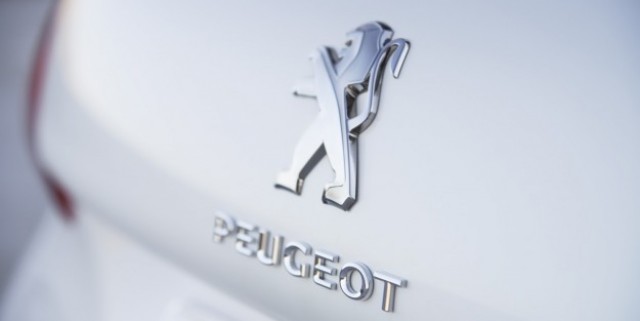
French automobile manufacturer Peugeot says its move to bring the brand further up market is a necessity if it's to survive long term.
Speaking to Car Advice at the launch of the Peugeot 2008 sub-compact SUV in France, the company's head of world press & external relations, Marc Bocque, admitted that going forward the French company must take its brand, and subsequently price, further upmarket for long term sustainability.
He noted that given the financial problems currently facing Europe and factoring Peugeot's employment of more than 300,000 people in France alone, the cost base for producing cars in Europe is not low.
"Our strategy is to first fix the pricing power of the brand and then feed the image of the brand slowly. Because one of the key aspects of the Peugeot brand is that we have a huge industrial system in France and France is not a low cost market base and if you want to maintain this industrial system in France, you have to move upmarket otherwise you cannot pay it."
He was, however, quick to point out that this didn't mean the company would look to shift more of its operations elsewhere, emphasizing that Peugeot was committed to its home in France.
"We will maintain a strong industrial system in France and therefore we need to move upmarket otherwise we cannot pay it. It's a necessity for sure, there's no doubt." Bocque said.
The Peugeot Citroen group last year posted a $6.7 billion (USD) loss and there's currently talk of a plant closure near Paris, which would risk nearly 8,000 manufacturing related jobs.
The company's financial woes are not unique and certainly a reflection of the European economy as a whole. Some analysts have suggested that 15 to 20 automotive manufacturing factories in Europe are currently operating at less than 50% of capacity – given the decline in European automotive sales.
Nonetheless, the move upmarket is different to that of sister brand Citroen. While Citroen will use its DS brand to move upmarket, Peugeot plans to move its entire brand upmarket without the use of a sub-brand. This would leave the hierarchy as Citroen, Peugeot and then Citroen DS.
"Peugeot wants to become more and more a broader manufacturer, with a level of quality that is closer and closer to a specialist manufacturer."
Questioned as to what the company intends to do as part of its move upmarket, Bocque said it begins with special technology and special vehicles to make the transition.
"We don't want a separate brand, but globally speaking the image of Peugeot is above the image of every other French brand. The base line of image is very good, we just have to work this move up market strategy by implementing special vehicles, special technologies in our range which feed this move upmarket."
Although not offered in Australia, Peugeot has numerous hybrid vehicles available in Europe, some of which are doing relatively well with hybrid sales accounting for almost 20 percent of some models.
"You can see both in the small range and those cars [3008, 508], we can introduce sophisticated technology with high price and have success."
Whether or not this move will reflect in Peugeot's strategy in Australia remains a mystery. The 208 and 2008 range are the first cars that have fallen under this move upmarket mentality of the company but it's likely to be the all-new Peugeot 308, which arrives in Australia in 2014, which will set the scene for a progressive move towards the pricing point of manufacturers such as Volvo.
Just how upmarket the brand wants to go and how quickly, remain the biggest questions.
Rival manufacturer Renault is also following a similar stragey, with the launch of its Alpine brand and talk of Initiale Paris sub-brand.





